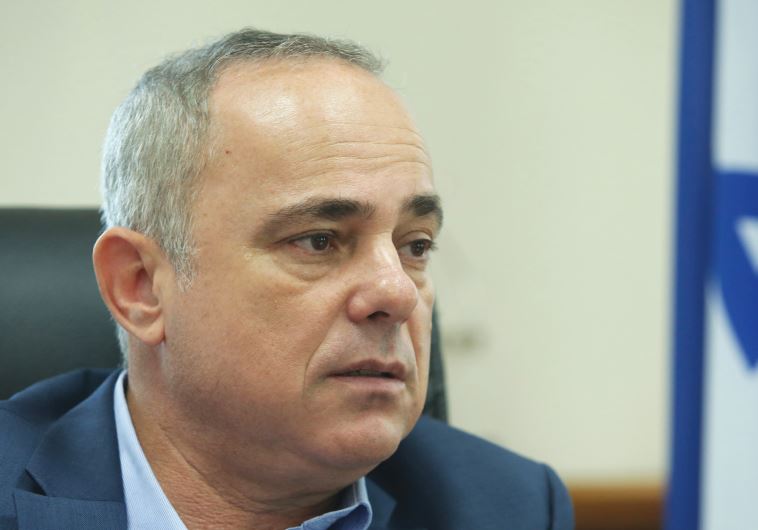Steinitz slams Kulanu opposition to gas plan: Kahlon hasn't even read it
Government working on improving reputation after delays, changes in gas plan scared away potential investors, minister says.
 (photo credit: MARC ISRAEL SELLEM/THE JERUSALEM POST)Updated:
(photo credit: MARC ISRAEL SELLEM/THE JERUSALEM POST)Updated: